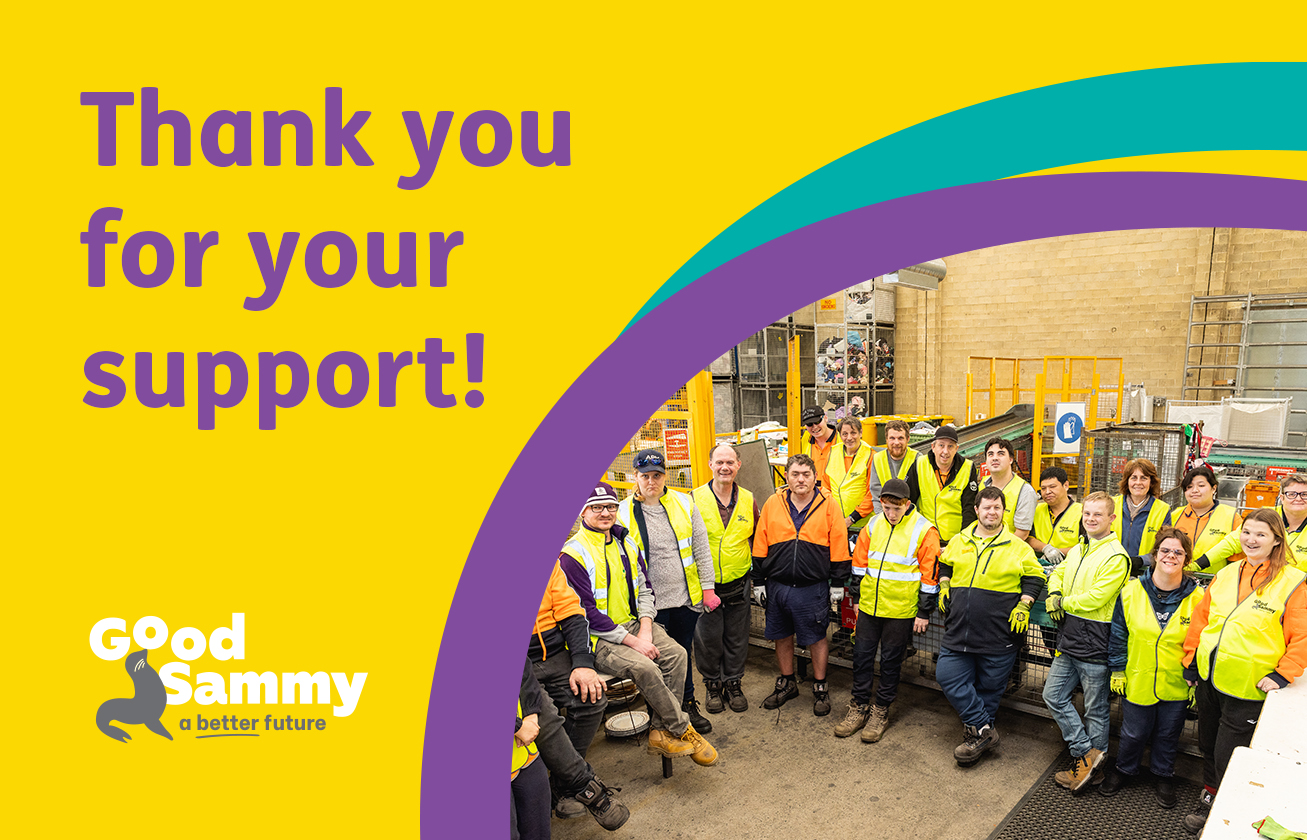The Role of a Volunteer in Enhancing the Lives of People with Disabilities
Volunteering is an essential aspect of society that brings people together to make a positive impact on the lives of others. One particular area where volunteers play a crucial role is in enhancing the lives of people with disabilities. This article explores the significance of volunteers in supporting individuals with disabilities, the benefits of their involvement, and how it positively shapes the lives of those they assist.

Understanding Disability
To comprehend the role of a volunteer in the lives of people with disabilities, it is vital to have a clear understanding of what disability entails. Disability is a diverse concept that encompasses various impairments, limitations, or restrictions that affect an individual's ability to engage in everyday activities. It can be physical, sensory, cognitive, or intellectual in nature. People with disabilities often face challenges in areas such as mobility, communication, education, and employment.
The Concept of Volunteerism
Volunteerism is the act of offering one's services or time without expecting any monetary compensation. Volunteers are motivated by empathy, compassion, and a desire to make a positive difference in the lives of others. They engage in a wide range of activities, such as providing companionship, offering practical assistance, promoting inclusivity, and advocating for the rights of individuals with disabilities. Volunteers bring their skills, knowledge, and willingness to help to various organizations and communities that support people with disabilities.
The Role of a Volunteer in Helping People with Disabilities
Volunteers https://goodsammy.com.au/volunteer are pivotal in helping people with disabilities by providing valuable support and assistance. They act as companions, mentors, advocates, and facilitators in various aspects of their lives. One of the significant roles of a volunteer is to offer companionship and emotional support. Many individuals with disabilities experience feelings of isolation and loneliness due to the challenges they face. Volunteers can help combat these feelings by spending time with them, engaging in conversations, and participating in recreational activities together.
Furthermore, volunteers contribute to the physical well-being of individuals with disabilities. They assist with daily living tasks, such as personal hygiene, meal preparation, medication management, and mobility support. This practical assistance enables individuals with disabilities to live more independently and enhances their overall quality of life. Volunteers also act as mentors, providing guidance and encouragement to help individuals with disabilities achieve their goals and aspirations.

Benefits of Volunteerism for People with Disabilities
Volunteerism not only benefits individuals with disabilities, but it also has a profound positive impact on their overall well-being. Here are some key benefits:
A. Improvement in quality of life
Volunteering exposes individuals with disabilities to new experiences, opportunities, and social connections. By participating in various activities, they can expand their horizons, develop new skills, and acquire a sense of purpose. This leads to an improved quality of life, increased self-worth, and a greater sense of fulfilment.
B. Increase in opportunities for social interaction and community integration
Volunteers actively engage with individuals with disabilities, promoting inclusive social environments. Through these interactions, individuals with disabilities can forge meaningful relationships, develop social skills, and become active members of their communities. The presence of volunteers also helps break down barriers and stigmas associated with disabilities, fostering a sense of belonging and acceptance.
C. Boost in self-esteem and confidence of disabled individuals
By being involved in meaningful activities and receiving support from volunteers, individuals with disabilities experience a boost in their self-esteem and confidence. Volunteers provide encouragement, affirmations, and assistance in overcoming challenges, empowering individuals to recognize their abilities and strengths. This newfound self-assurance enables them to set and achieve personal goals, both big and small.
Conclusion
Volunteers play a vital role in enhancing the lives of people with disabilities. Their dedication, empathy, and support contribute to improved quality of life, increased opportunities for social interaction and community integration, and a boost in self-esteem and confidence. As a society, it is essential to recognize and value the significant impact volunteers have on the lives of individuals with disabilities. By supporting and encouraging volunteerism, we can create a more inclusive and supportive environment for everyone.
